The rolled bun
You’re a traditionalist who likes to savour the good things in life and believes that the old classics can’t be beaten by new trends.
You would never queue at a hipster bakery for an overpriced kanelbulle, and you probably got your rolled bun, see the above picture, from the local bakery which has been making them the same way for decades.
You’re most likely going to eat it at 3pm with a strong cup of coffee and no, you won’t be taking a picture of it for Instagram.
The knotted bun
You’re always following the latest trends and spent weeks researching the best kanelbulle in your area in preparation for Cinnamon Bun Day.
Appearance is key, and you want your bun to not just taste good, but look good too. You ate it for breakfast rather than a mid-afternoon fika, as you were up at 4am to get in line at the hippest bakery in town to secure your haul.
The iced bun
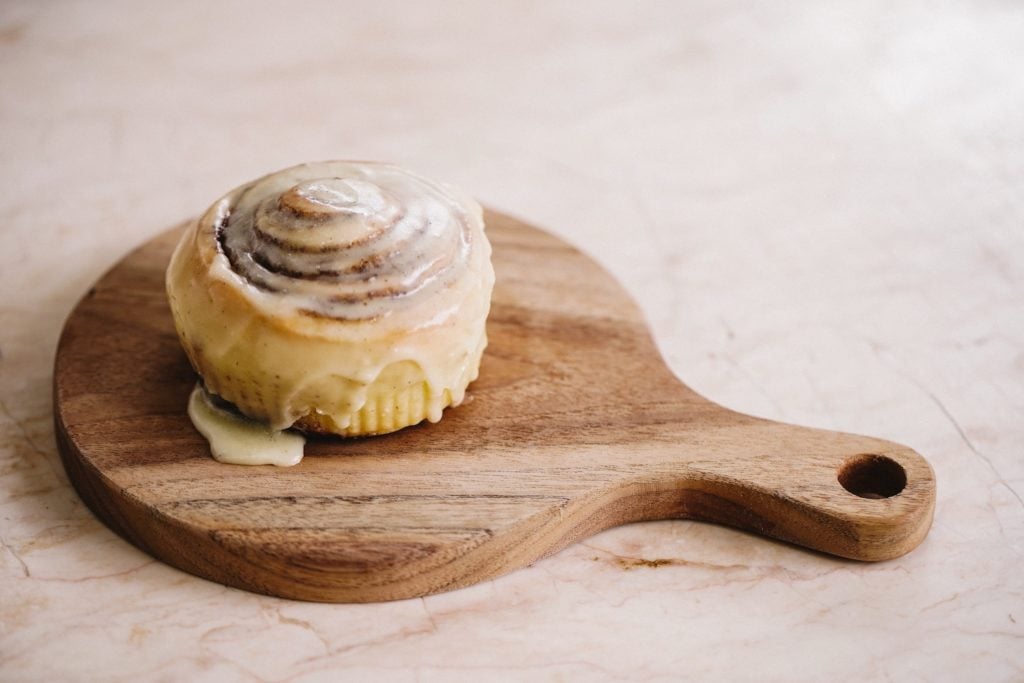
Either you’re a bit of an anarchist, or you’re stubborn.
Maybe you grew up eating iced cinnamon buns and you’re not going to let something as minor as moving to Sweden change your habits, even if you had to actively find somewhere selling cinnamon buns the way you like them.
You know these aren’t traditional, and that Swedes will have strong opinions if they see you eating them, but you don’t care. Having said that, you’re still integrated enough to celebrate cinnamon bun day in the first place.
The cardamom bun
You consider yourself to be a bit edgy and different, and had to specifically ask for a cardamom bun on cinnamon bun day to stand out from the crowd.
A few people raised their eyebrows at you when you said “oh actually, I don’t really like cinnamon buns”, but you’re just enjoying the opportunity to show off your mature, more developed tastes, and the fact that you’re not like everyone else.
The homemade bun
You don’t do things by halves – you would never dream of buying a cinnamon bun from a bakery when you can make them at home, and carrying on family traditions is important to you. Your cinnamon bun recipe was probably handwritten on a piece of paper by your grandmother decades ago, and you make it religiously each year to honour her memory (even if you secretly think it’s a bit too sweet).
You consider yourself to be thrifty, and although your homemade buns may not be cheap you still convince yourself you’re saving money as your batch of 12 homemade buns is still cheaper than buying a dozen from the nearest bakery.
The healthy bun
You’re disciplined, and you’re not going to let something as trivial as cinnamon bun day mess up your strict diet, so to stop yourself from feeling like you’re missing out, you make a batch of “kanelbullar” from blended dates and cashew nuts.
You also have strong willpower and convince yourself that the beige cinnamon-flavoured mush – which, to be fair, actually is quite tasty – is just as good as a cinnamon bun, and can’t understand why none of your colleagues are convinced when you try handing them out at work.
The ‘this will do’ bun
You’re busy and you’ve got more important things to be doing than whipping up a batch of cinnamon buns or taking the time out of your busy schedule to queue up at a bakery.
You barely remembered it was cinnamon bun day at all as your mind was on other things, but a sign at the local petrol station reminded you when you were filling up your car. You grab a bag of gifflar from the rack and figure that they’re better than nothing.
The alternative bun
You’re committed and creative – you’re going to make the most of cinnamon bun day by consuming cinnamon in as many ways as you can think of.
You start off the day with cinnamon bun porridge, before making up a cinnamon bun protein shake and heading to the gym. You swing by your local coffee shop for a cinnamon bun latte before work, where you eat your first actual cinnamon bun of the day.
By lunchtime, you’re already sick of cinnamon, but you remind yourself that cinnamon bun day is only once a year and plough through at least four more cinnamon-flavoured dishes before relaxing with a nice cinnamon-scented candle in the evening before bed.
The freebie bun
You’re an opportunist, and you know how to find a good deal. You knew you didn’t actually have to buy your own cinnamon buns today, as you could count on other people (probably your colleagues or your boss) to buy a load for the office.
As you eat your bun – it doesn’t matter what style it is, you’ll take anything you can get – you realise it tastes even better when you know you didn’t pay for it yourself.
The ‘just one more’ bun
You are a hedonist who believes the most important thing in life is to enjoy yourself, so you have accepted the fact that this is a day where you can indulge to your heart’s desire.
You’ve already eaten two cinnamon buns before arriving at work before you realise your colleagues have also supplied buns for the office. Well go on then, just one more…
The reluctant bun
You’re a worrier, but you want to fit in, so you reluctantly say yes to the offer of a cinnamon bun despite not actually wanting to eat one at all as you think it’s too unhealthy. Maybe you try and find someone to share with, or you actively look for the smallest one on the plate.
You tell yourself you’ll muster up the courage to say no next year, but secretly know you’re just going to do the same thing all over again (and you’re actually fine with it, as the cinnamon bun you ate was pretty good, to be honest).
The non-observer
You’re confident and you don’t care too much about what people think.
You’re not planning on celebrating cinnamon bun day this year for whatever reason – be it health, allergies, or even that you don’t particularly like cinnamon buns – and you’re fine with people’s confused questions.
You know what’s best for you, and you’re sticking to it, even if that does mean you won’t be eating any sticky buns this year.

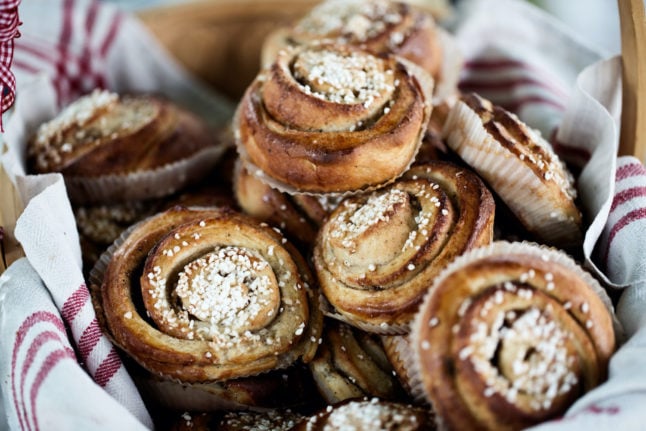
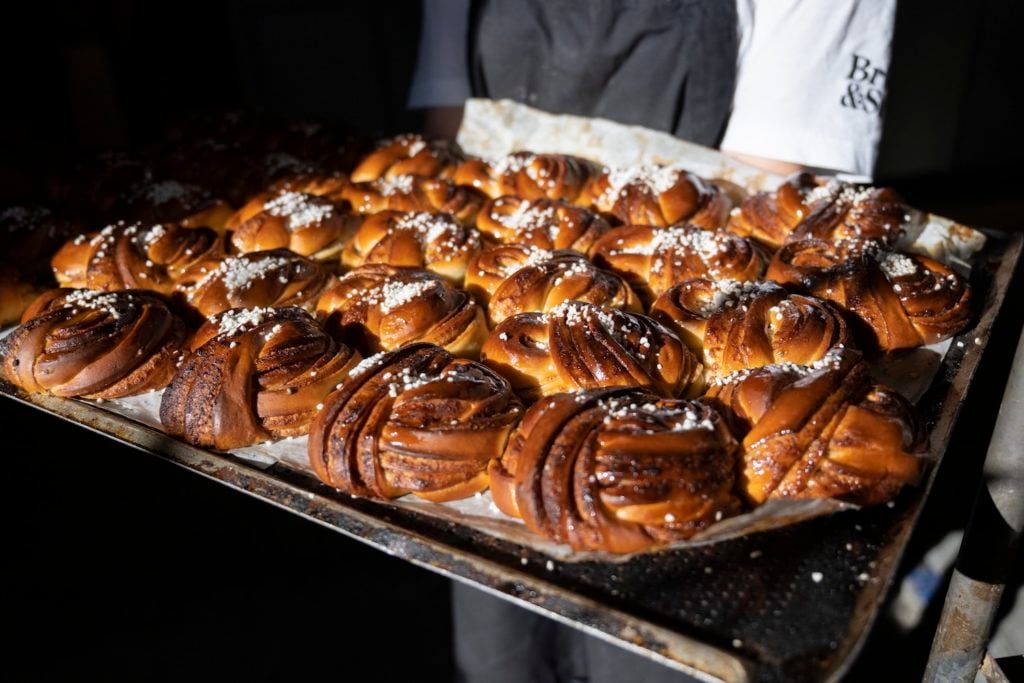
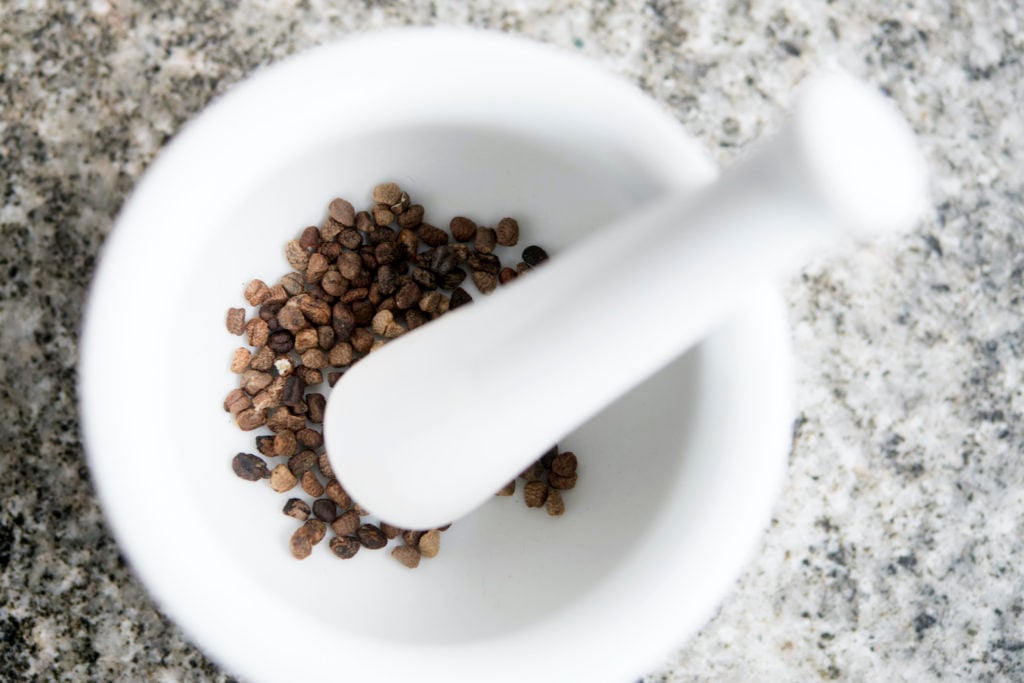
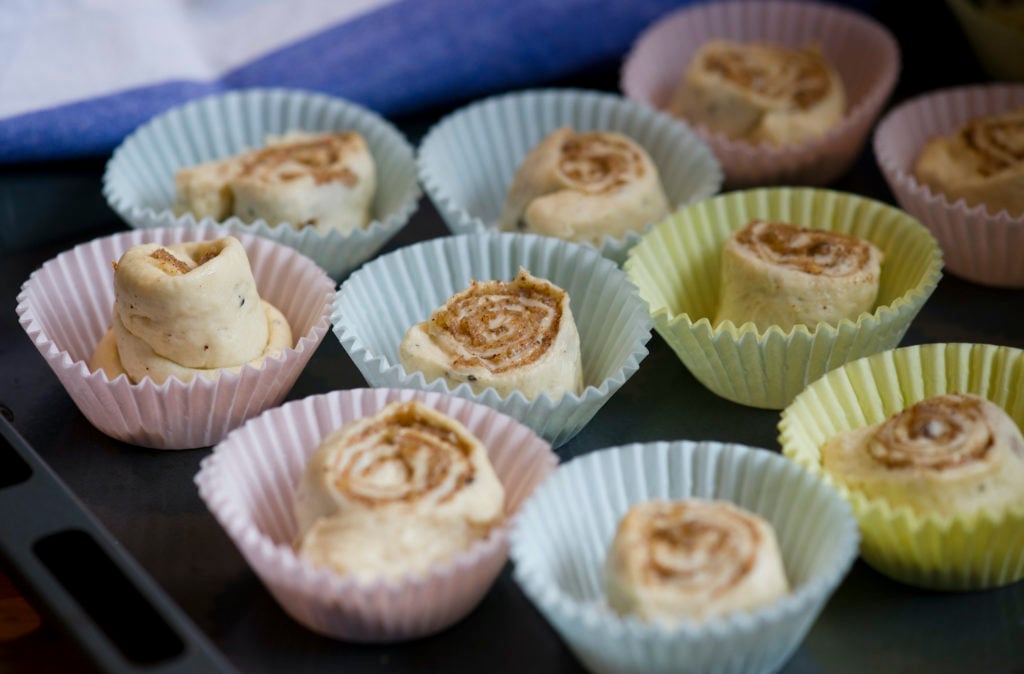
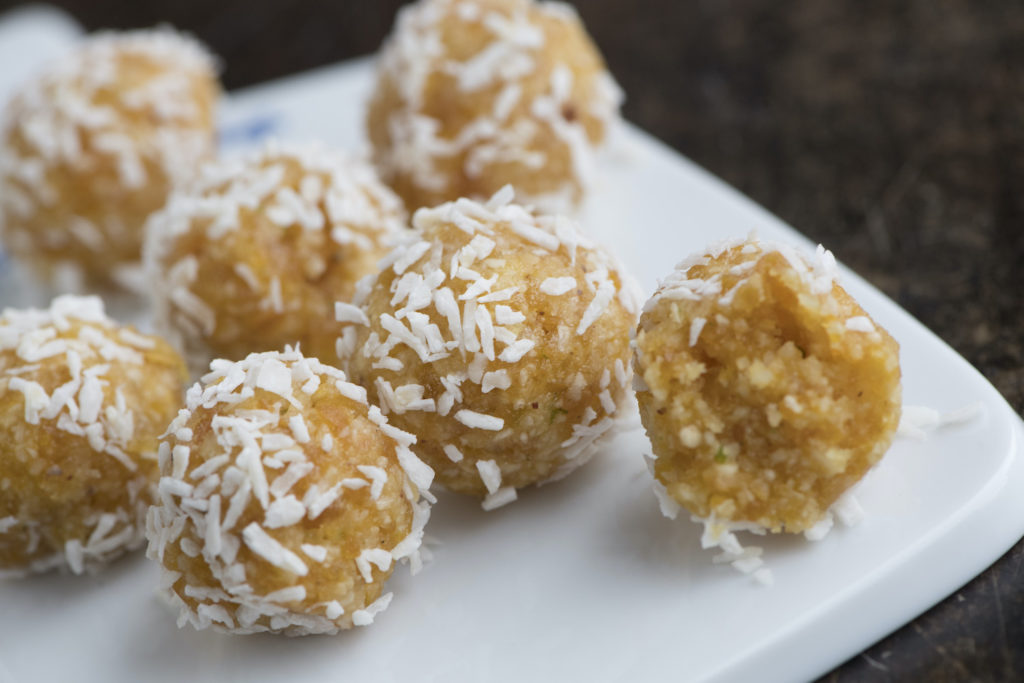

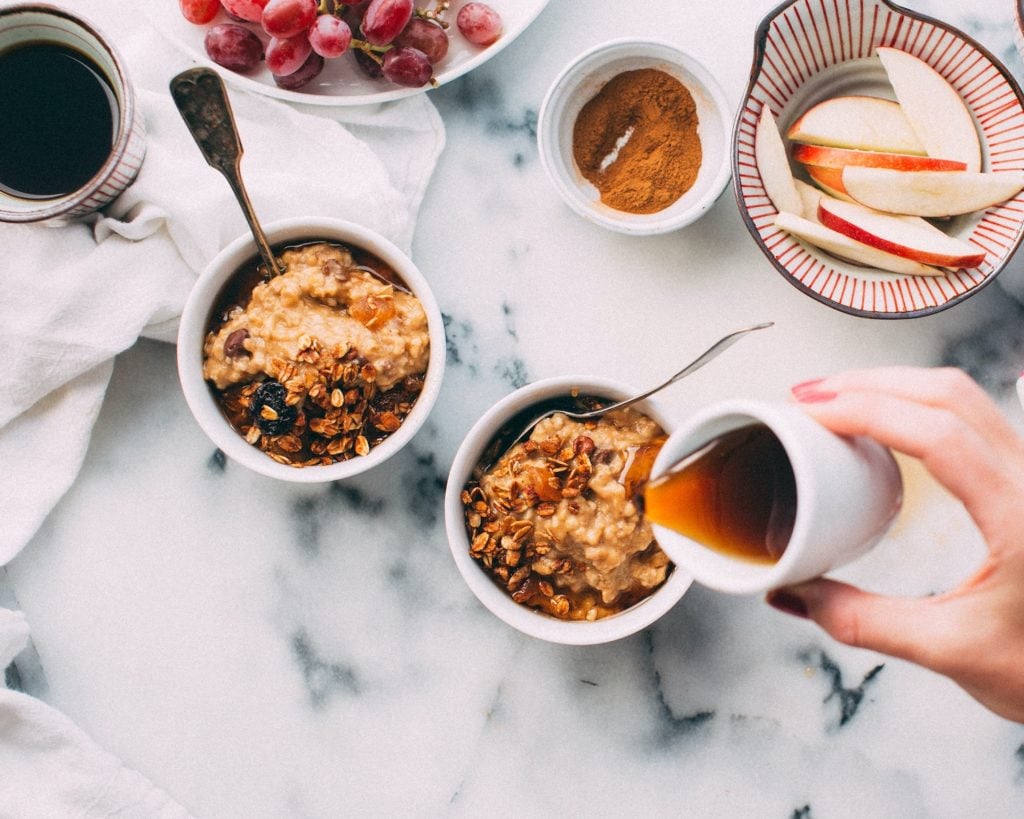
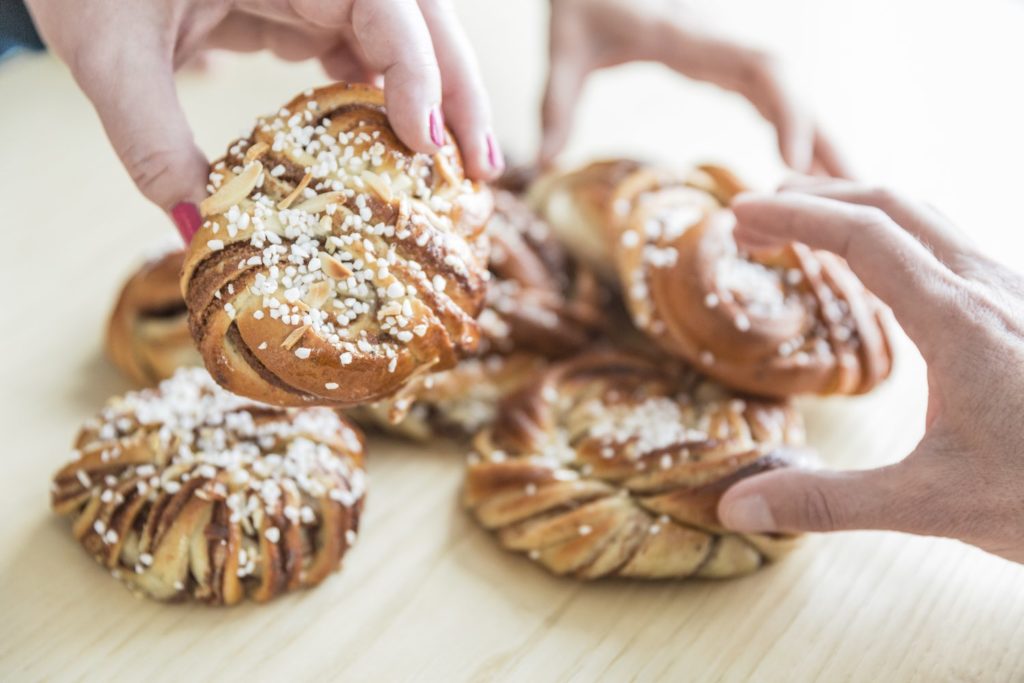

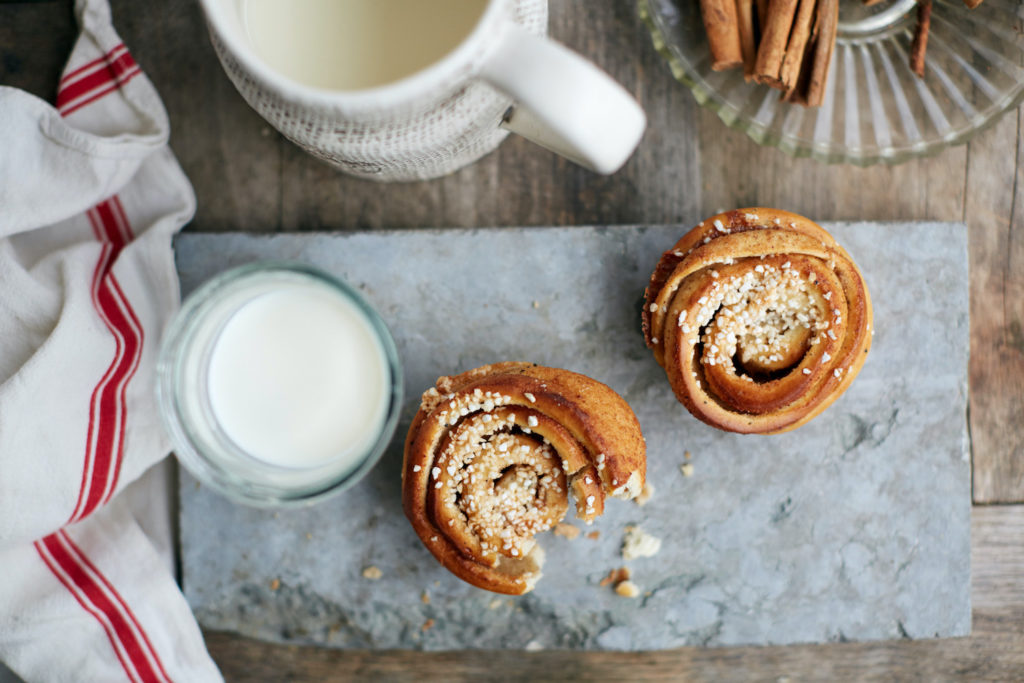
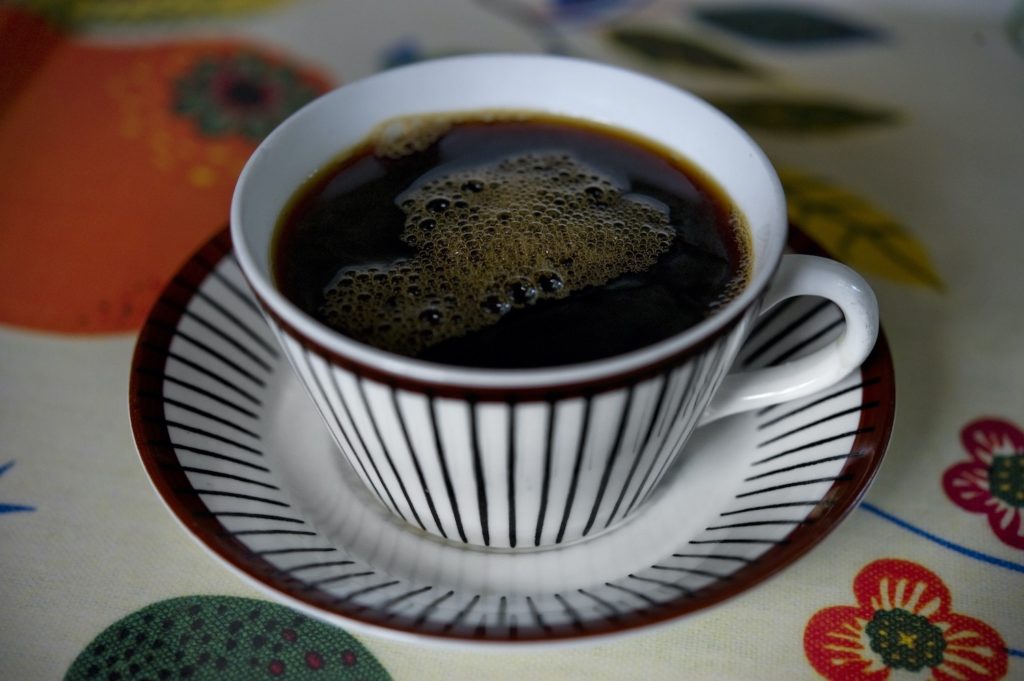
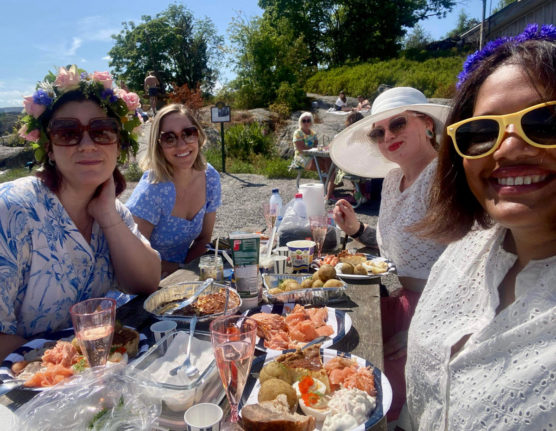

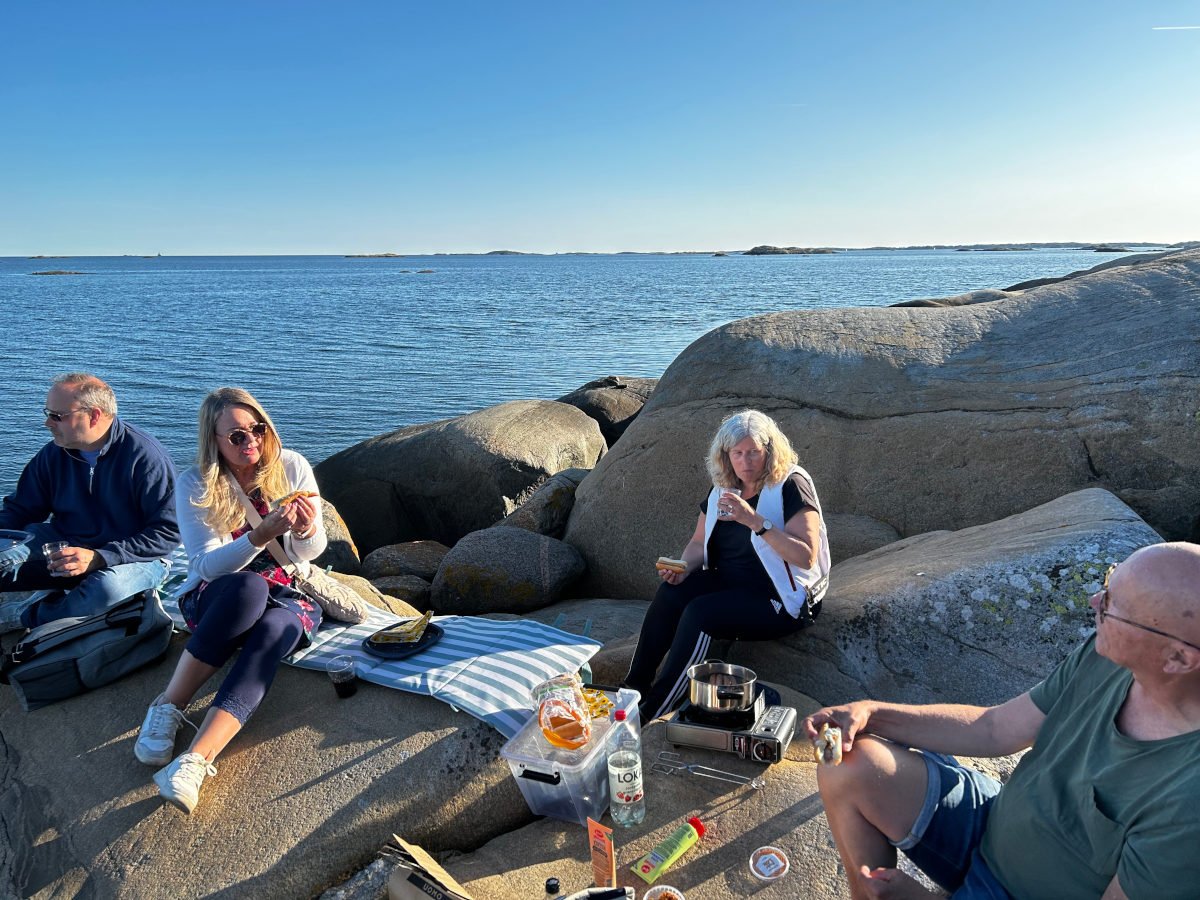
 Please whitelist us to continue reading.
Please whitelist us to continue reading.
Member comments